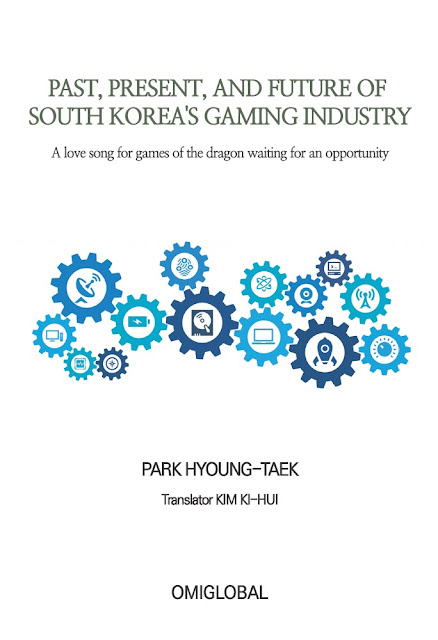泥中蟠龍's Game愛歌 [A love song for games of the dragon waiting for an opportunity] Video game and the separation of banking and commerce

泥中蟠龍's Game愛歌 [A love song for games of the dragon waiting for an opportunity] Video game and the separation of banking and commerce September. 12. 2018. Recently, I read an article on the subject of ease regulations on the separation of banking and commerce and video game by Kim Sang-Hyun, an executive editor in our paper. In the article, he was full of hope for positive effects: game developers such as Netmarble and Nexon run an online bank—internet-only bank, which can boost the local gaming industry thanks to ample capital and financing. I also completely agree with him about the aggressive investment in domestic games. But I do oppose to ease banking-commerce separation per se so that I'd like to deal with it this week's column. What does the term mean? It means that industrial capital should be separated from banking capital; banks are not allowed to affiliate with other businesses. Separation of industrial and financial capital is analogous to the principle. It mean...
